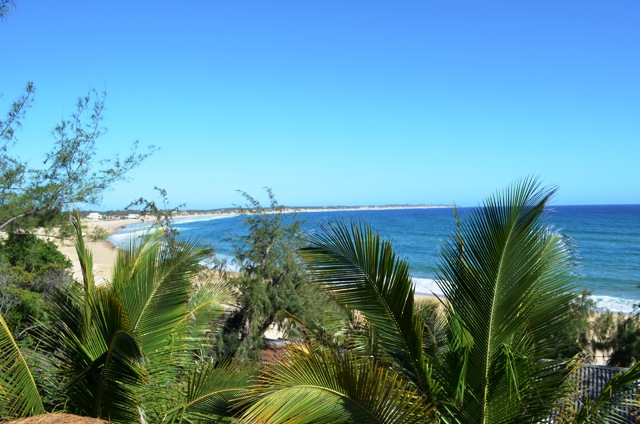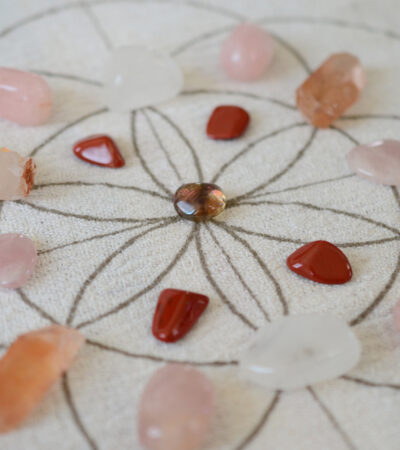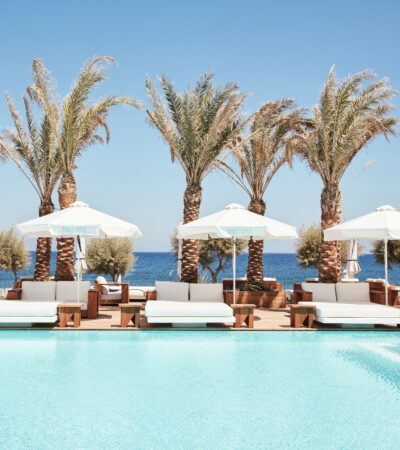Hip & Healthy in Mozambique
You can remain true to your wellness warrior standards wherever you are, even Mozambique, says Sandra Smiley
When you think about Mozambique, what comes to mind? Civil war? A baby delivered in a tree? Well, it’s time to think again. Find out what the coastal African country is all about now – before everybody else does.
Admittedly, Mozambique has had a rough go of things: until 1992, the country was beset by civil war, and was battered by natural disasters throughout the Noughties. Consequently, the resounding images of this country for many are of battle and of baby Rositha, born up a tree whilst her mother took refuge from flooding.
But the relative calm of the last decade or so has permitted the former Portuguese colony to change its image and a diversified tourist industry to develop. Now, rather than conjuring images of disaster in the collective psyche, Mozambique’s unique selling points include meditation retreats and encounters with the elusive Manta Ray. As the brightly coloured tourist literature scattered everywhere from public toilets to restaurant tables will tell you: this is no longer a land of turmoil, but rather a treat for the healthy, active traveller.
Travelling into Mozambique is an experience in itself – the roads can be a bit ropy and the communal vehicles like something out of Chitty Chitty Bang Bang – so only once you arrive does the holiday really begin. Flying doesn’t seem to be much better. I flew into the country in what appeared to be an Erhart-era aircraft – one that lost a few of its overhead panels upon landing. But once I arrived in Inhambane, southern Mozambique, any practical worries I had dissipated into the salty air: requests in my piecemeal Portuguese were generally responded to positively, with a smile and in pretty proficient English.
Inhambane province, located just north of the capital Maputo, is known as the land of good people – so-named by another tourist, the explorer Vasco da Gama. Life is slow here, but the opportunities for relaxation abound. About 20 km outside of Inhambane town is Tofo beach, a place locals and foreigners alike describe as paradise. Though rather a popular destination for the local set, Tofo is relatively calm and a great place to go for a bit of peace and quiet. Meditation classes are readily available at some resorts and from independent teachers; sunny terraces are in plentiful supply, so you can just pull up a chaise longue and laze your way to mindfulness. But there may be no better place to still your soul than right on the breezy, sandy beach – save for the odd sunglass-seller, perhaps, you’ll be left entirely at peace.
Though chips, omelettes and seafood platters make frequent appearances on more tourist-oriented menus, the lighter local dishes are better for you and flavour-wise, cannot be faulted. Matapa, a peanut- and greens-based vegetarian stew, makes a substantial main meal when paired with coconut rice or Xima, a thick maize porridge. This Mozambican delight is served up hot at most restaurants, both sleek spots geared to foreigners or low-key roadside eateries. But when it comes to food, one is hardly starved for choice: even tiny Tofo boasts an Italian bistro and French-Portuguese fusion cuisine.
While there, one is well advised to take advantage of the spectacular diving, snorkelling and surfing on the Indian Ocean that Inhambane has to offer. Suit up in scuba gear and enjoy the profound silence and serenity of 30 metres below sea level. Catch the flights of fancy of the majestic manta ray and find out more about these amazing animals with a lecture from the local marine research organisation the Foundation for the Protection of Marine Megafauna. Whip up and down the coastline in search of whale sharks on what local dive operators call an ‘ocean safari’. No guarantees, but you may get the chance to swim with one of these giants, regularly spotted along those shores.
Once war-torn, Mozambique is now one of southern Africa’s best-kept secrets – a veritable nirvana for adventure- and solace-seekers alike. Though peace now reigns in the country, poverty is still evident round many corners; but tourism is a significant source of income for Mozambique, and one hopes that a rising tide will lift all boats if the swell is high enough. To be sure, Mozambique has come a long way in the last few years. Whether you’re in want of withdrawal and respite or adventure on the water, Mozambique delivers.













